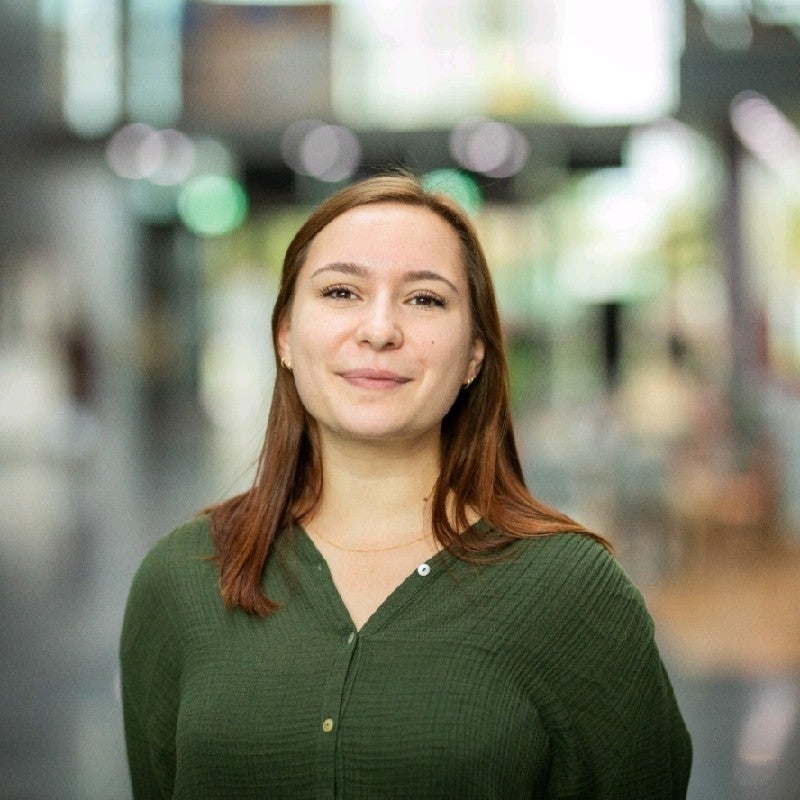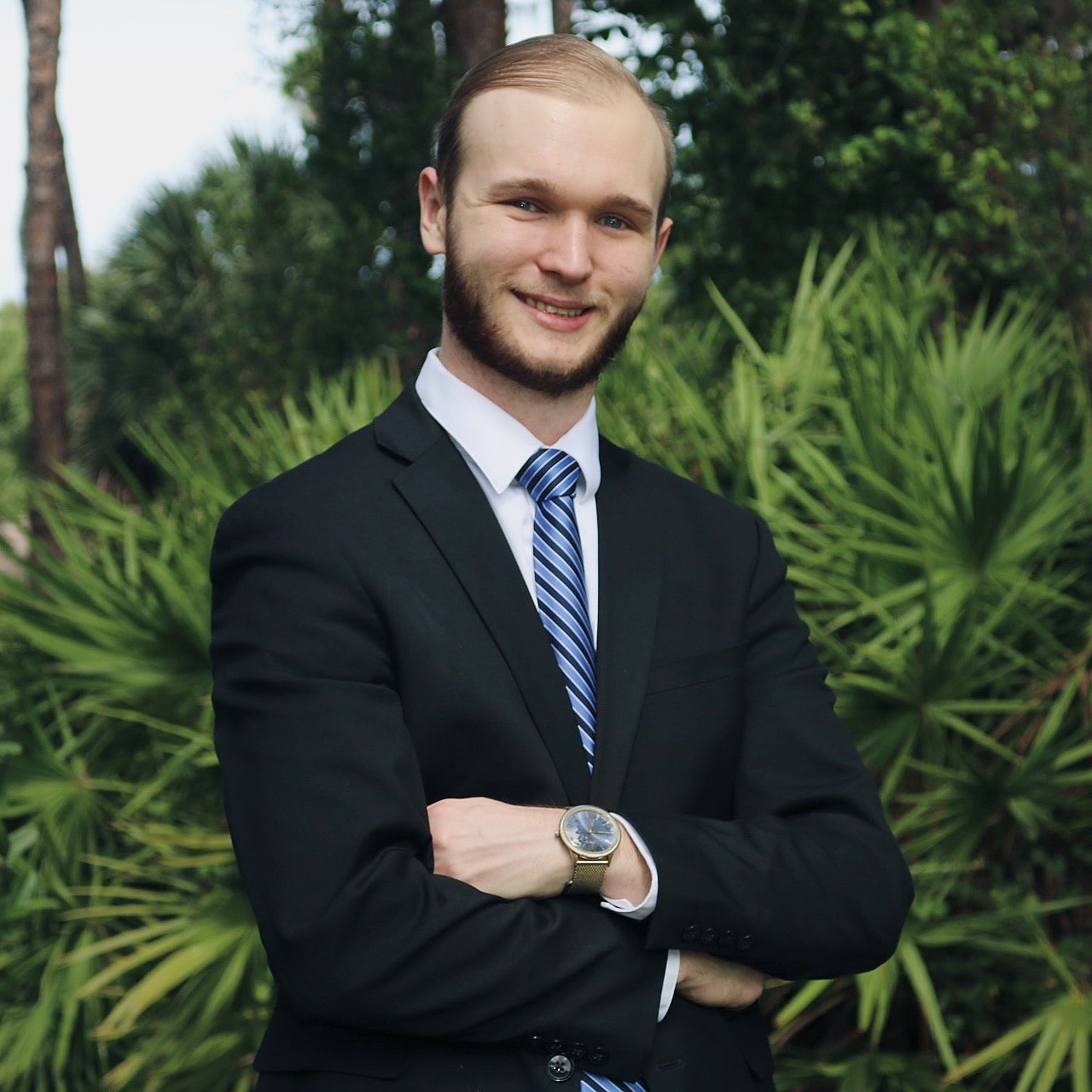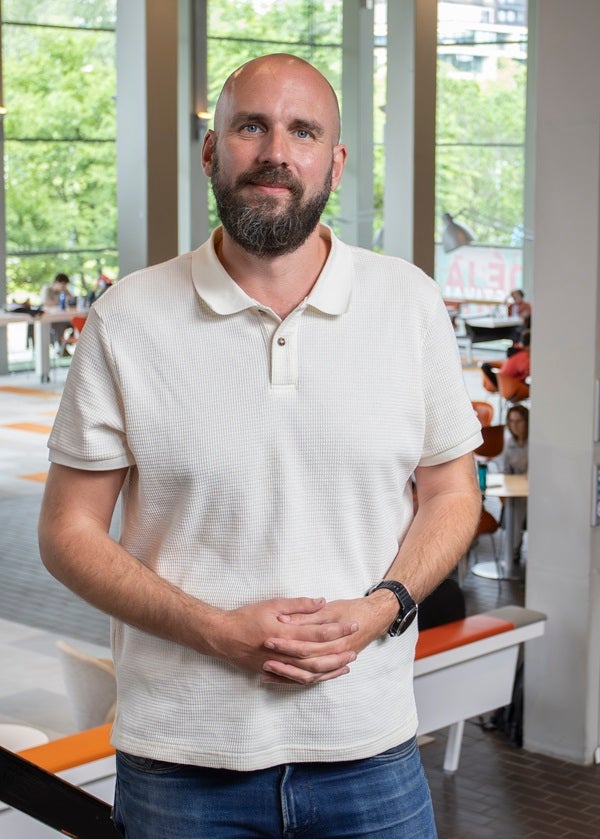Organisations and Competition
Organisations, be they companies, public sector organisations, or political parties, all compete in the same ecosystem (e.g., political competition or the economic market) for scarce resources (e.g., customers or voters). What will happen when the number of organisations exceeds the carrying capacity of this system? Will new organisations be deterred from entering? Will existing organisations adapt or will they be driven out of business?
Institutional Design
Institutions make up the “rules of the game”, be they formal or informal, within different areas of society. We are interested in mapping not just their consequences, but also their origin and change. For instance, what is the effect of electoral rules on the number of viable parties that can exist in a party system? What is the role of agency in institutional changes aimed at solving public good dilemmas? What are the effects of formal and informal rules on societal inequalities?
Diversity and Inequality
The underrepresentation of demographic groups such as women and ethnic minorities in economic and political institutions is a key societal problem. What increases the propensity that individuals from underrepresented groups aspire to run for a political office or take a leading role in business? What determines whether they succeed? We also study diversity in the workplace. For instance, given the increasing practice of collaborations across occupations, does gender or ethnicity influence how credit is attributed to joint work, and if so, why? Also, does the widespread presence of competition affect the performance of underrepresented groups differently? If so, under what conditions, and why?
Motivation and Morals in Public Service
Apart from diversity in surface-level demographic traits, we study the role of deeper-level personality traits in the public sector. Are individuals that score high on virtue-related personality traits (e.g., honesty-humility) more likely to aspire to and succeed in a political career? Additionally, we study the antecedents of public-sector motivation among civil servants. How does this desire to serve the public relate to attitudes and behavior related to discrimination and bribery? Are people more likely to make unethical decisions when speaking a foreign language?
Research Methodology
Besides studying societal phenomena of interest, we also seek to innovate research methods and practices in the social sciences. Alongside field surveys, lab-, field- and survey-experiments, we also promote the use of sophisticated machine learning techniques. For example, we use machine learning to impute missing observations in survey data and to develop new understandings of the radical right vote. Regarding research practices, we also emphasise the importance of open data, replication, and resistance to harmful practices like data dredging.







